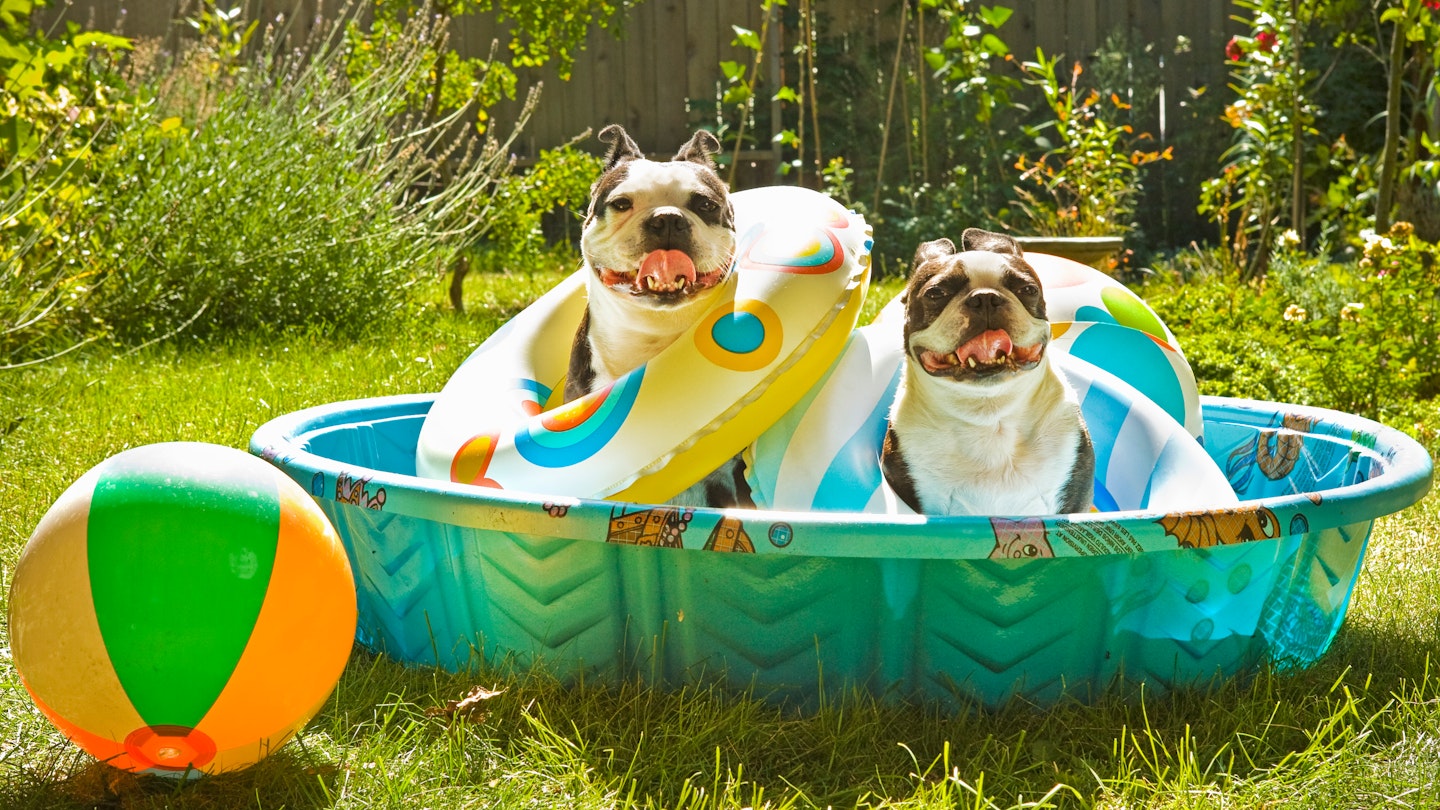As the UK braces itself for another scorching heatwave, with temperatures as high as 35*C, animal charities are warning pet owners to stay alert, and to keep their loved animals safe.
RSPCA animal welfare expert Dr Samantha Gaines, says, "Pet-safe sun cream may be required, as well as lots of shade and fresh water.
"Also watch out for potentially fatal flystrike – caused by flies laying eggs on other animals."
As well as cats and dogs, pet owners should keep an eye on smaller animals such as rabbits and guinea pigs, too.
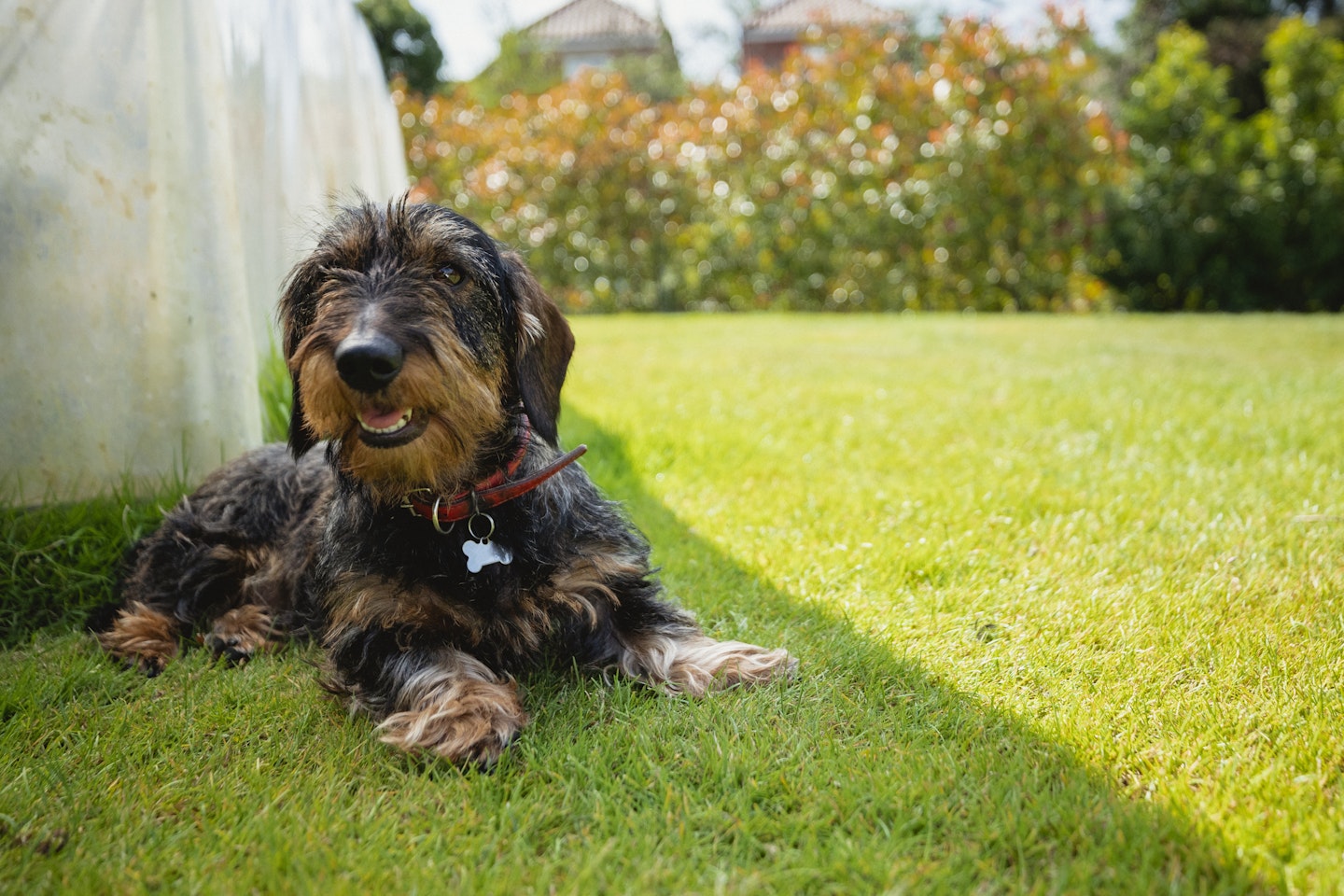
Richard Saunders, a vet at the Rabbit Welfare Association and Fund (RWAF), says there are simple ways to keep bunnies cool.
He says, "Moving rabbits' homes into the shade helps. Create a sunshade over it, using any lightproof material, and make sure to allow good airflow over and through their accommodation, as well as to their drinking water bottle."
And rabbit-owners can make DIY chilli bottled, for their pets to lie beside to cool off, too.
Richard says, "Large plastic bottles can be filled with water and frozen to help keep them cool, but [these] should be wrapped in a towel.
"In extreme cases, a cool mist of water on the ears can help, but don't use cold water, as this can cause sudden shock."
And indoor rabbits need help too. "Keep them out of direct sunlight – if you spot your rabbit stretching its head and neck out to breathe, this is a sign that they're really struggling and you should call a vet immediately."
Here are other ways to keep your pet cool…
How to keep your pet cool
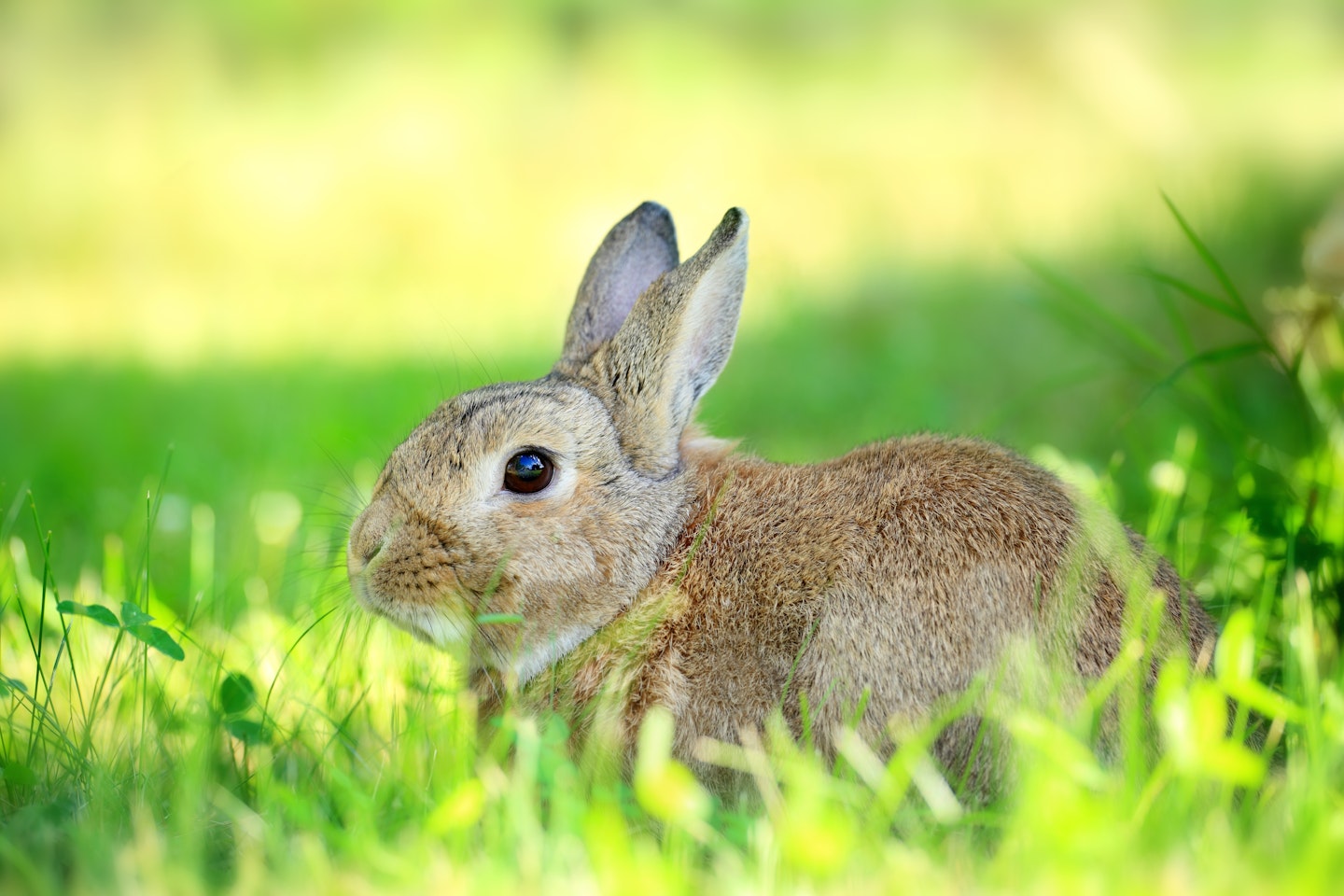 1 of 13
1 of 13Find shade for your rabbits
In the wild, rabbits live in cool underground burrows, so they don't cope well in extreme heat. High temperatures can cause respiratory tract problems, which can lead to overheating and death. Richard Saunders, a vet at the Rabbit Welfare Association and Fund (RWAF), says there are ways to keep bunnies cool. He says, "Moving rabbits' homes into the shade helps. Create a sunshade over it, using any lightproof material, and make sure to allow good airflow over and through their accommodation, as well as to their drinking water bottle. "Large plastic bottles can be filled with water and frozen to help keep them cool, but should be wrapped in a towel."In extreme cases, a cool mist of water on the ears can help, but don't use cold water, as this can cause sudden shock."And Richard says indoor rabbits need help too. "Keep them out of direct sunlight," he says. "If you spot your rabbit stretching its head and neck out to breathe, this is a sign that they're really struggling and you should call a vet immediately."
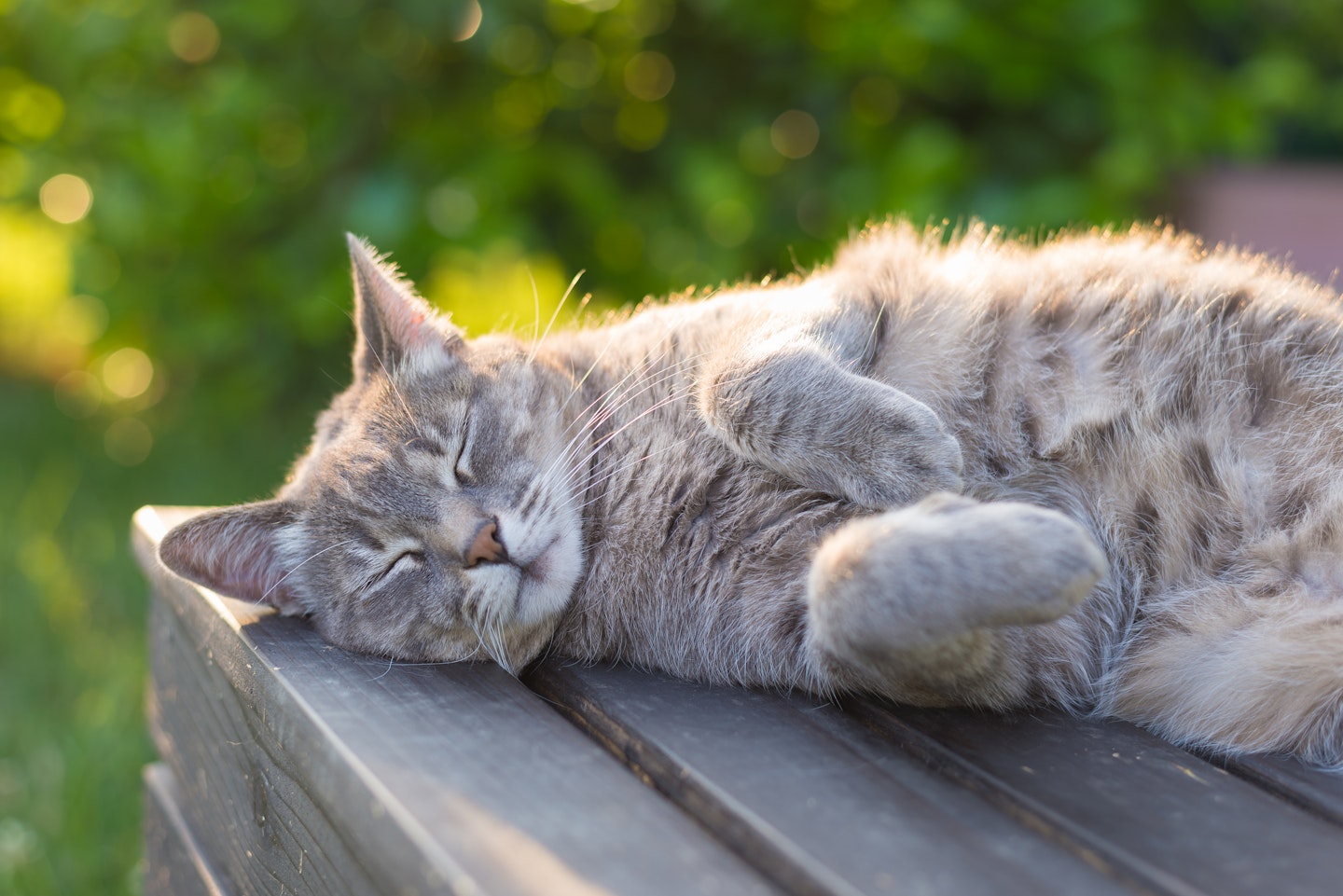 2 of 13
2 of 13Get sun cream for your fury friends
White or fair-coloured cats don't have any melanin in their skin, which protects them from sunlight. This can leave them vulnerable to skin cancer. Alison Richards, central veterinary officer for Cats Protection, says, "Too much sun exposure can be dangerous to cats, especially to those with white or fair-coloured eyes or noses. "Keep them indoors during the hottest part of the day and, if that's not possible, provide sources of shade using cat-friendly plants. Also speak to your vet about an appropriate feline-friendly sunblock."
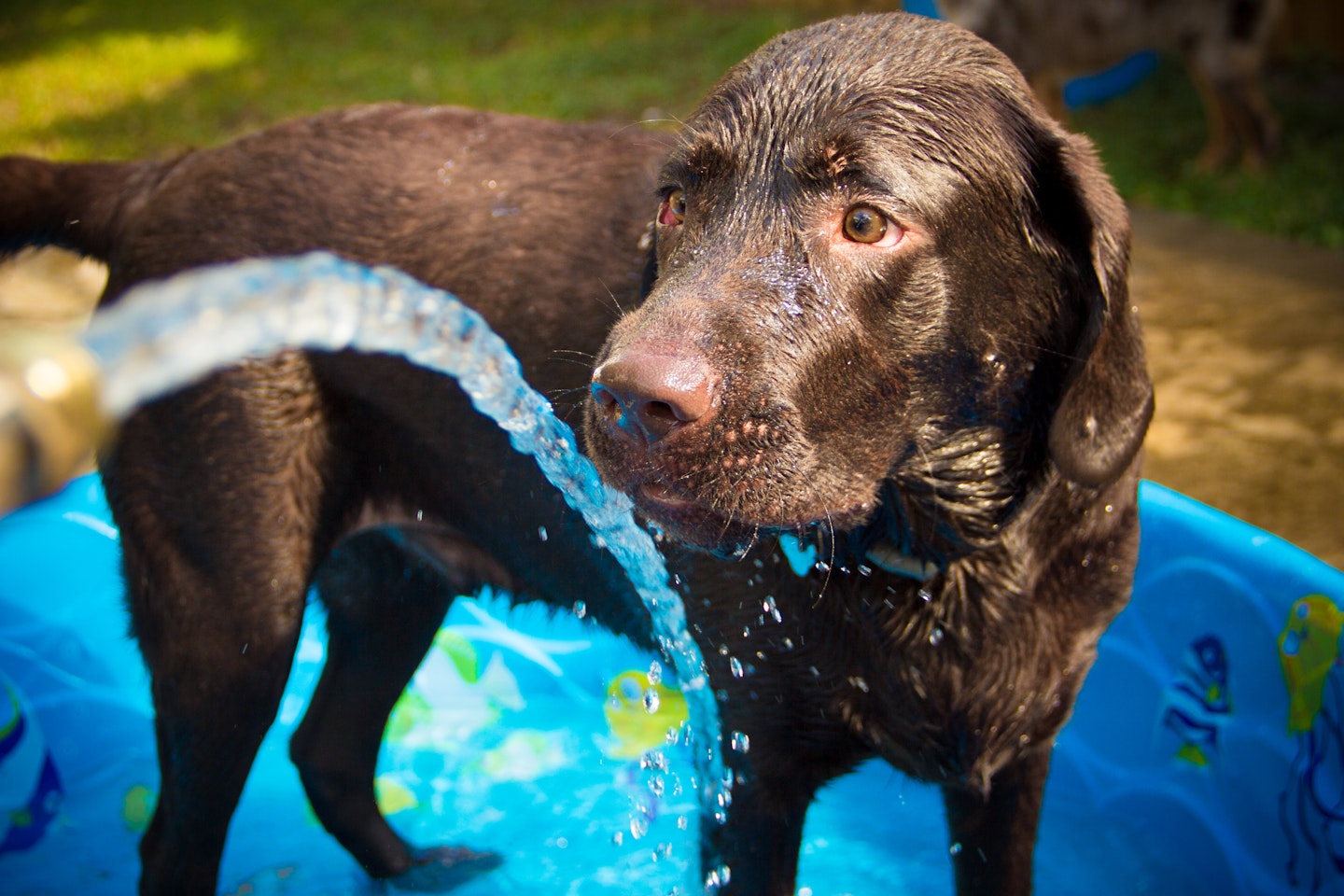 3 of 13
3 of 13Invest in a paddling pool for your dog to splash around
Last year, the RSPCA received 167 calls in just one day about dogs being trapped in hot cars – something you should never do. Owners also need to be careful when walking their dogs. Samantha Gaines says, "We recommend walking your dog first thing in the morning or in late evening during the summer, to avoid the hottest parts of the day and burning their paws on the pavement. "Instead of a midday walk, you can keep your dog entertained by providing toys or playing gentle games."Finally, many dogs love splashing around in water to keep cool, so consider getting a paddling pool for them in the garden."
 4 of 13
4 of 13Only walk your dog during cooler parts of the day, such as in the early morning and late evening.
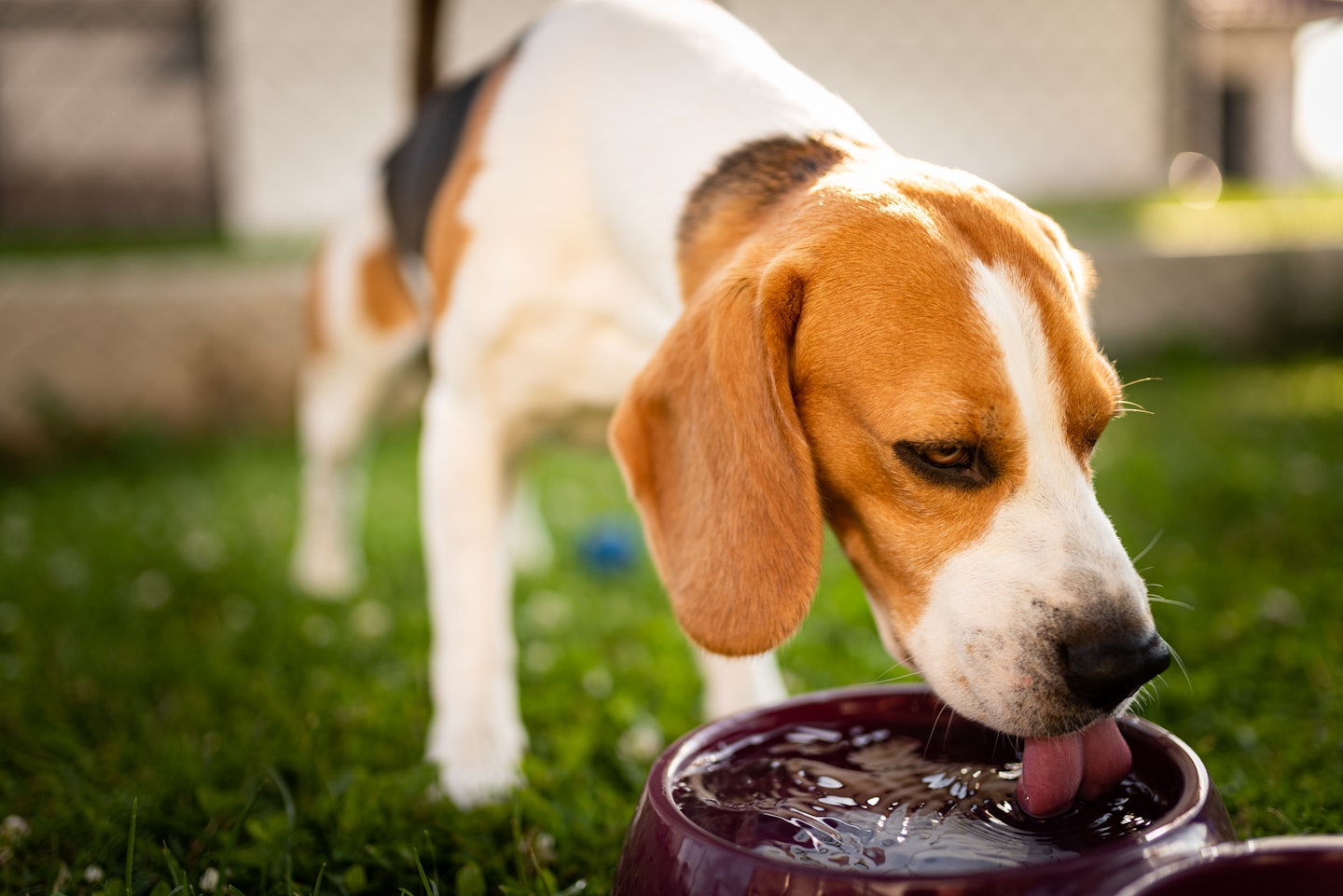 5 of 13
5 of 13If your pet shows signs of overheating; loss of energy and heavy panting, find a shady spot and give them some water.
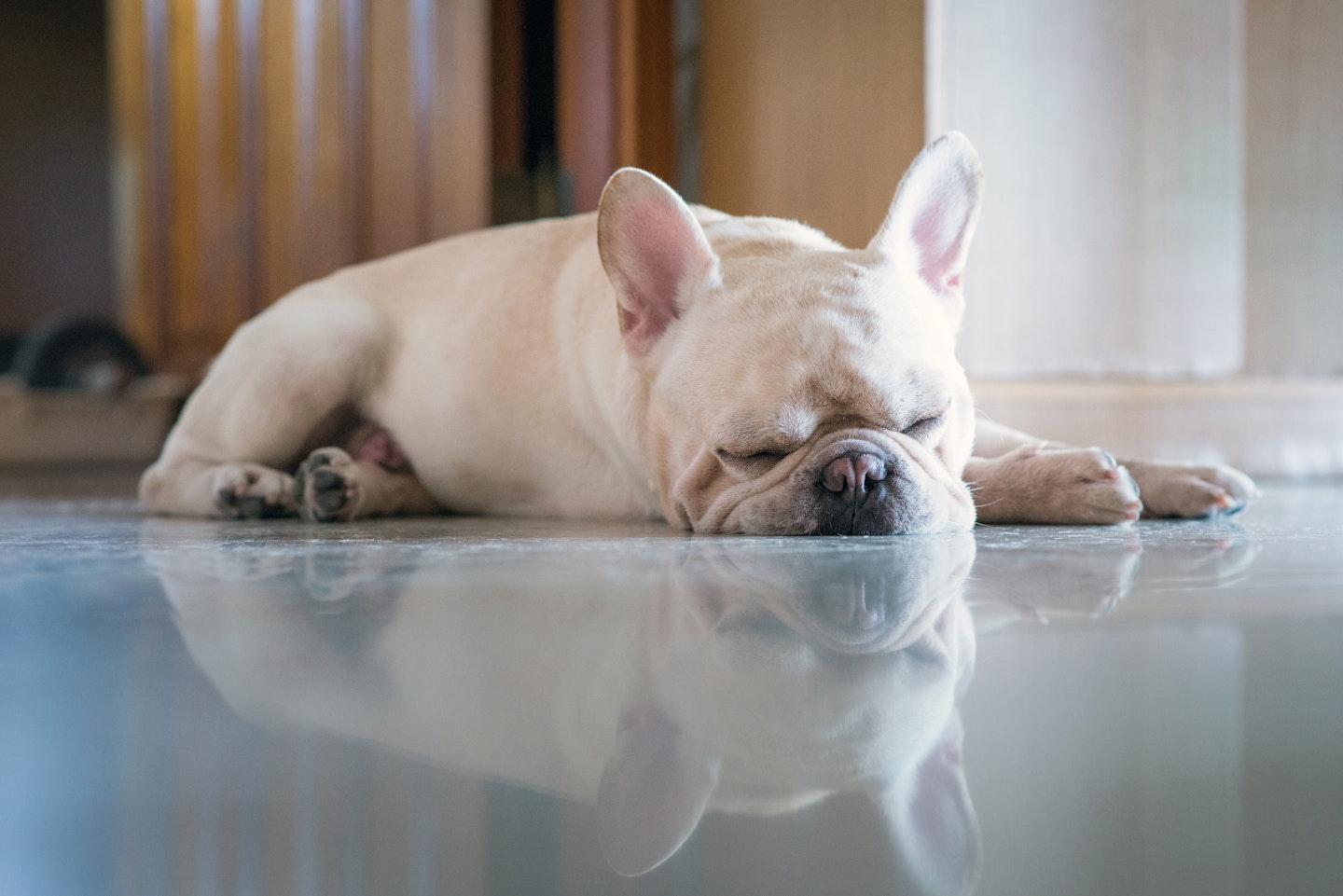 6 of 13
6 of 13Apply dog-friendly sunscreen
Paler coloured animals are more vulnerable to sunburn, particular on their noses and areas – prevent walking between 11am and 3pm, alternatively apply a non-toxic waterproof sunblock or even pop a t-shirt on your pet to protect their vulnerable areas.
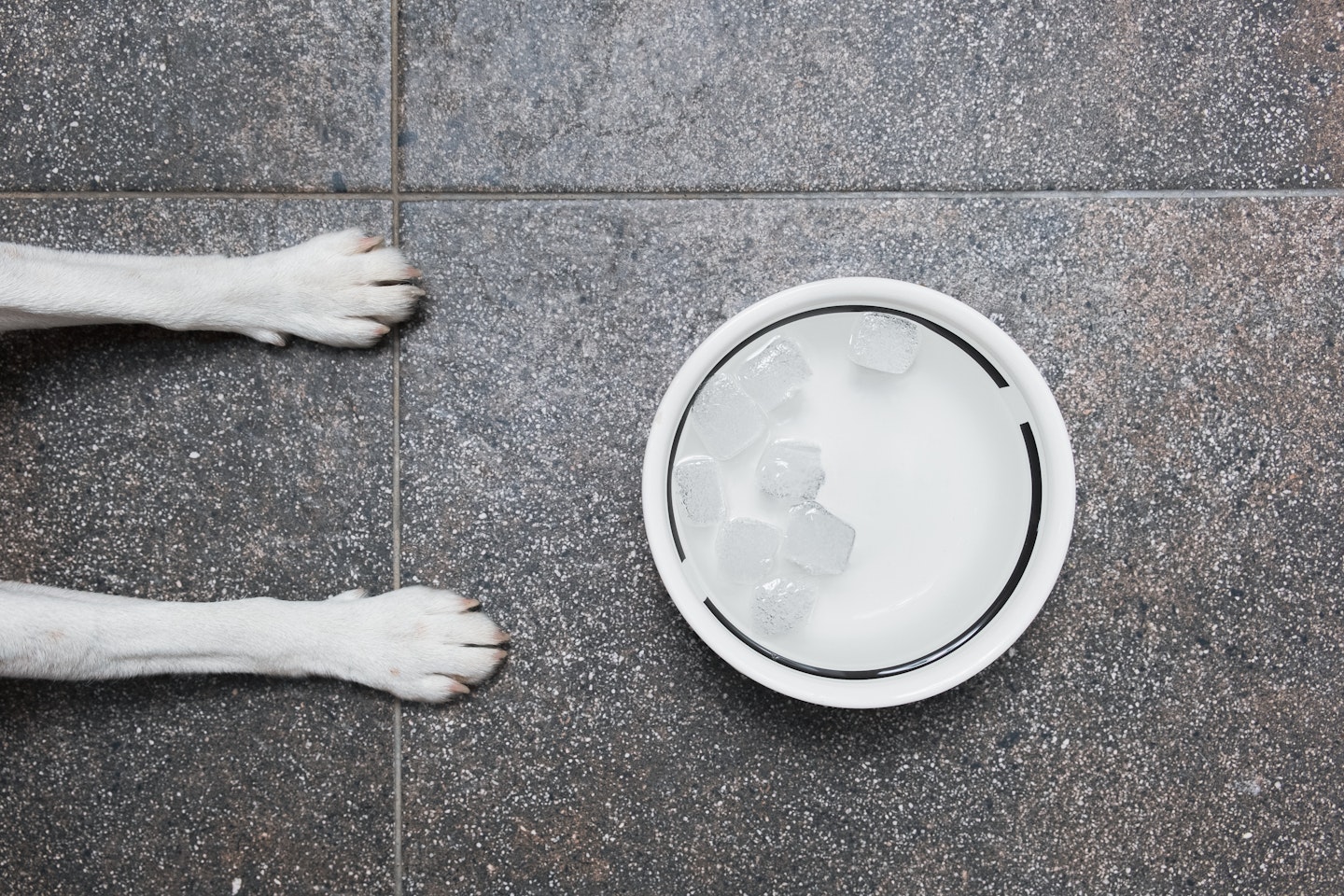 7 of 13
7 of 13Add ice cubes to your pet’s water when you feel the temperature getting hotter.
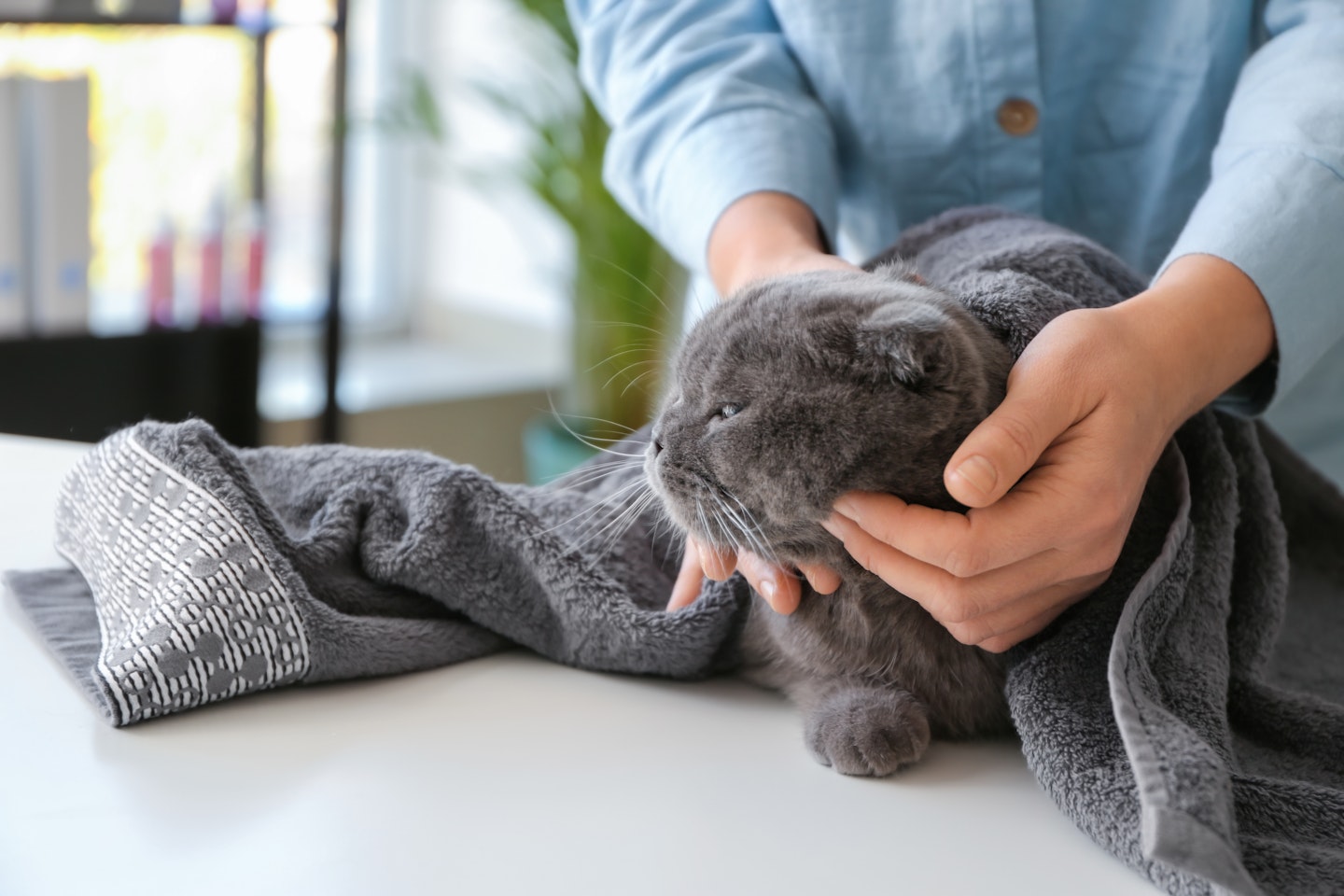 8 of 13
8 of 13Leave out a damp towel in the shade for your pet to lie on
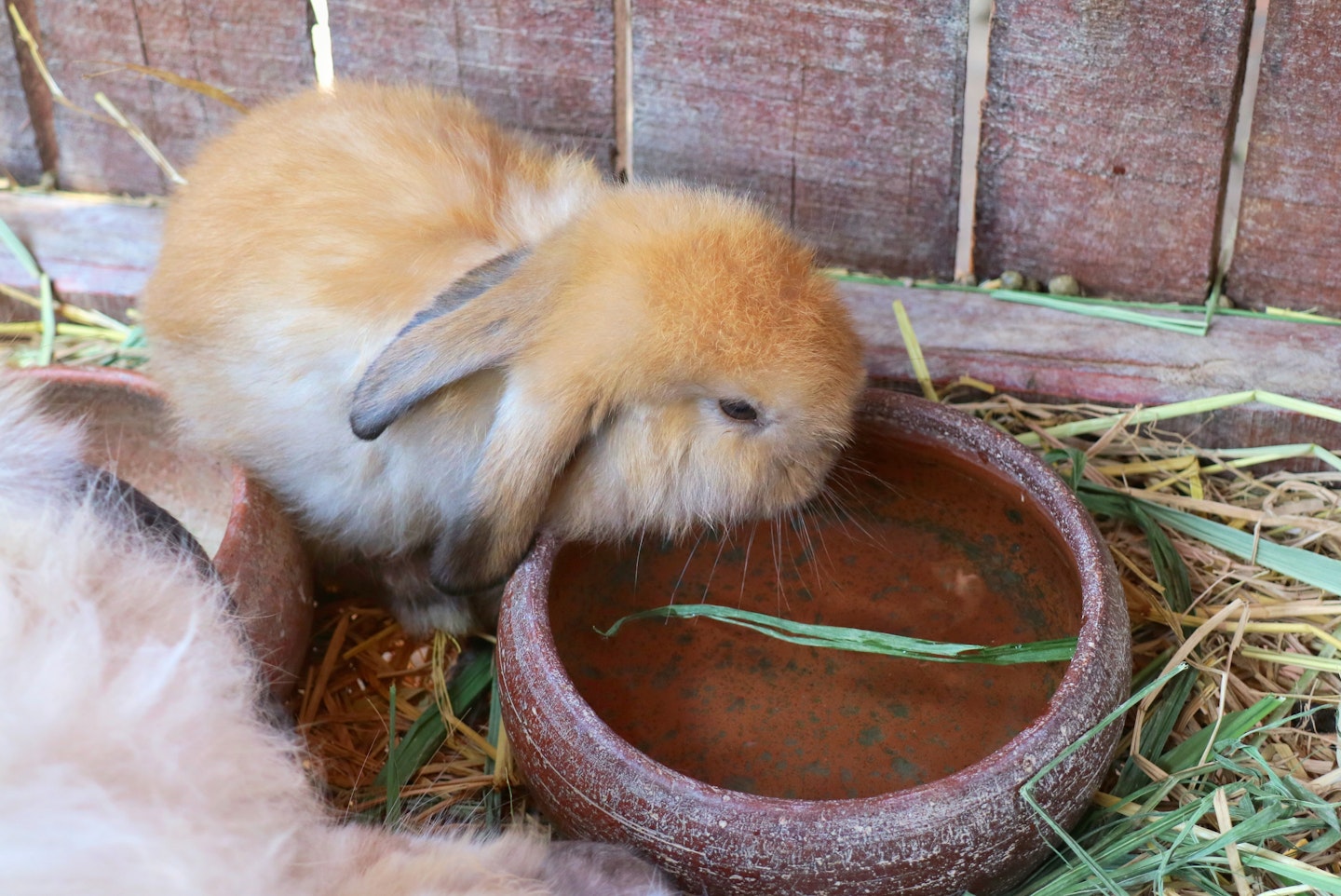 9 of 13
9 of 13Make sure your pet has constant access to clean water at all times throughout the day.
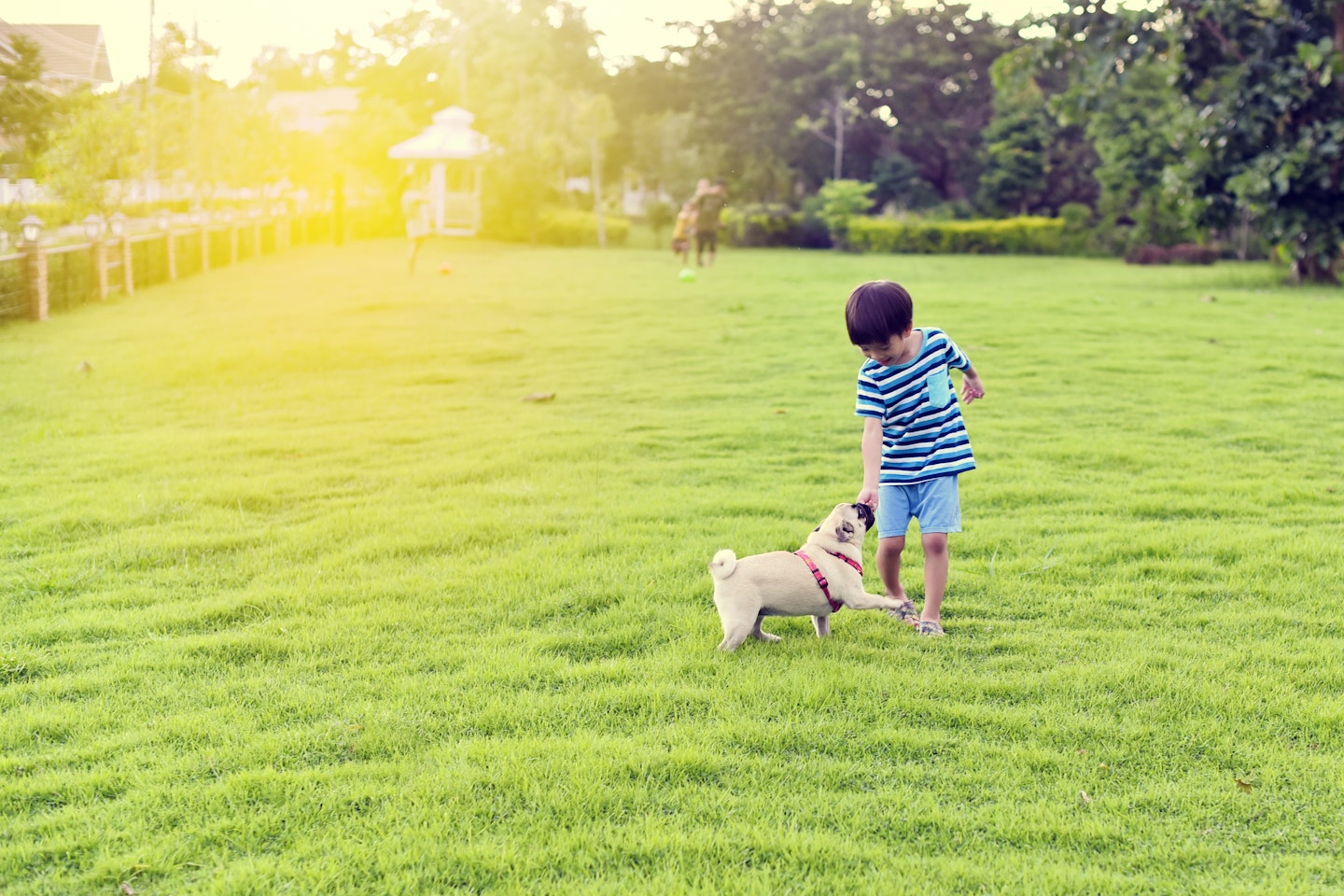 10 of 13
10 of 13Be aware that playing and running around with your pet in the heat will cause their temperature to rise, especially with older animals, short-nosed dogs, such as pugs, and animals that are overweight.
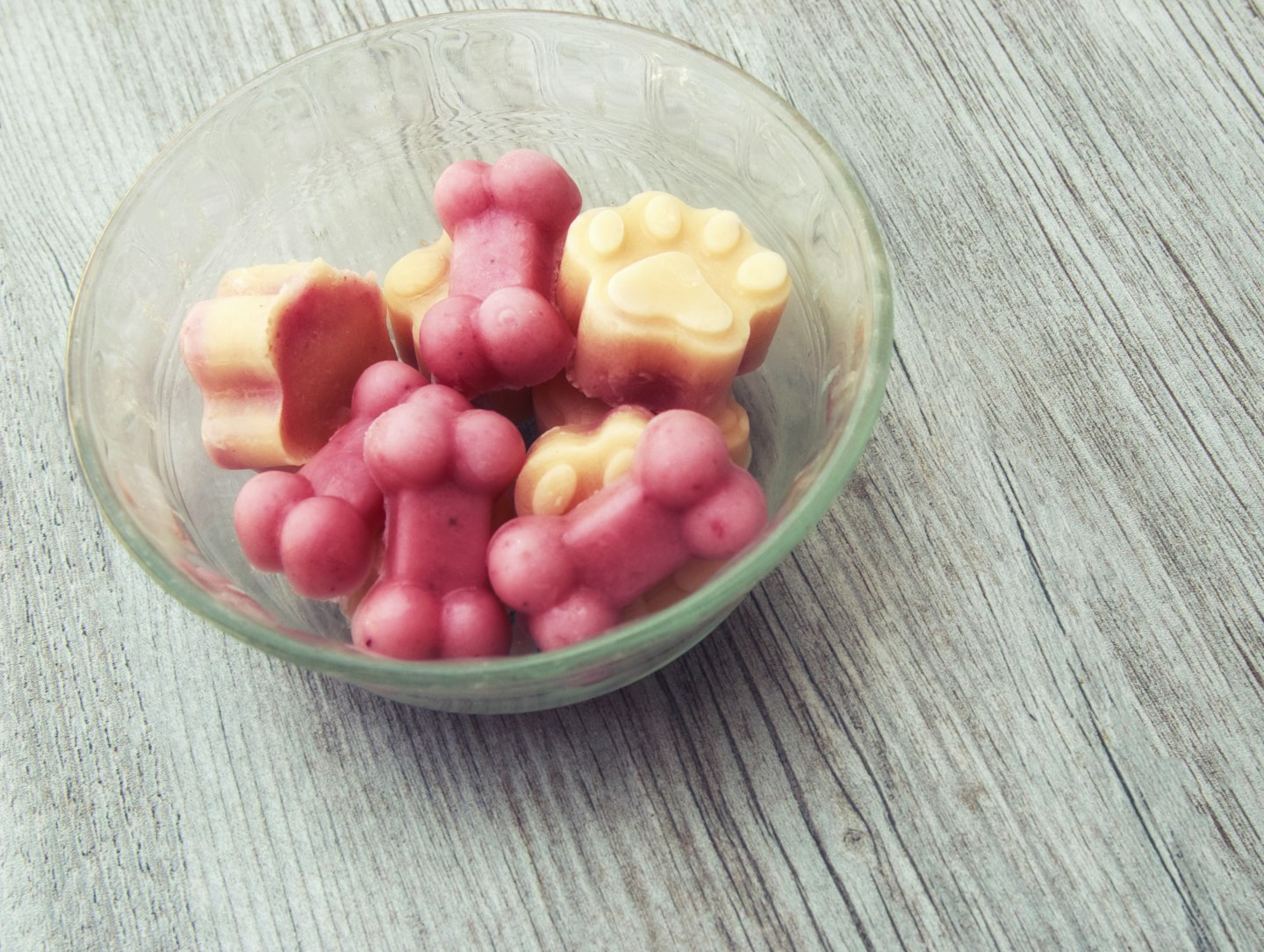 11 of 13
11 of 13How to keep your pet cool
Freeze some of your pet's favourite nibbles to make cooling treats.
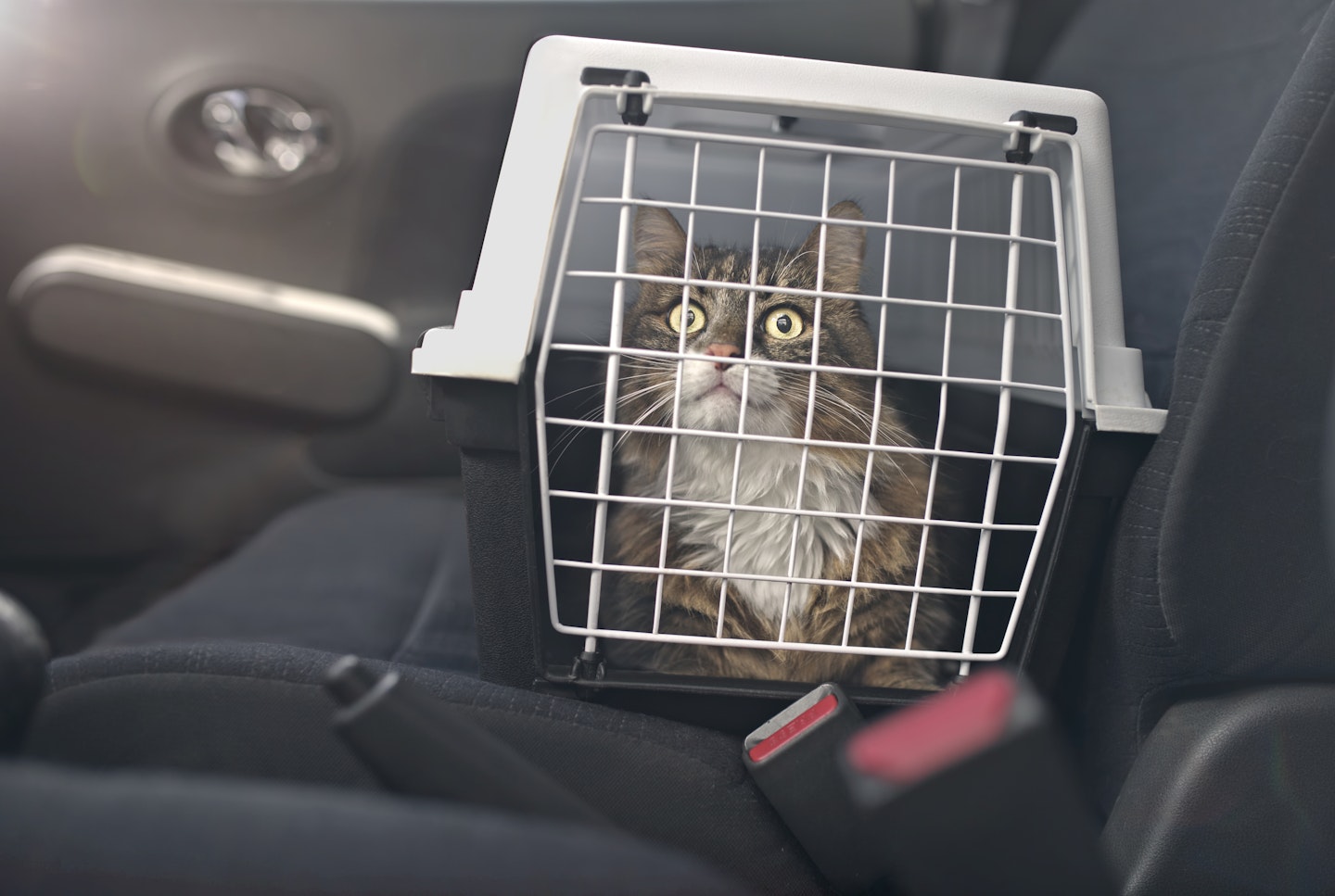 12 of 13
12 of 13Avoid travelling in your car with your pet when it’s too hot – and never, ever leave your pet alone in a hot car.
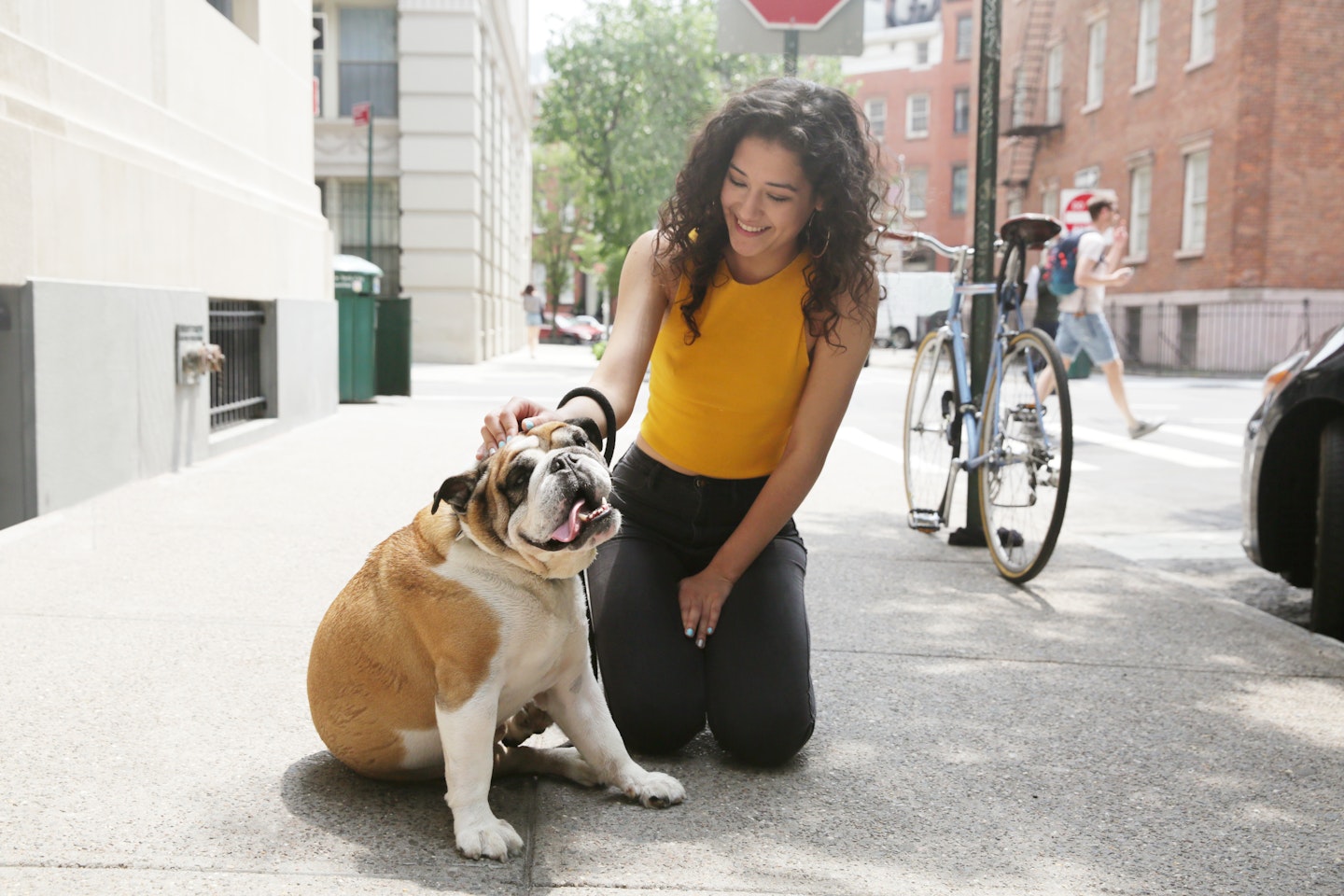 13 of 13
13 of 13Always check the pavement before you set off on your walk, if the pavement is too hot for your hand then it is too hot for their paws and will burn their paw pads.
WATCH: Nik and Eva Speakman on how to combat mental health issues
How to help...
Sadly, the number of calls received during the latest heatwave was not unique – last summer, the RSPCA received a call every hour with tragic stories of pets succumbing to the heat.
In Manchester, a 'fit and healthy' German Shepherd collapsed during a walk, when the temperature was around 21°. The pup was sadly diagnosed with heatstroke, and after he began to seizure, was later put down.
